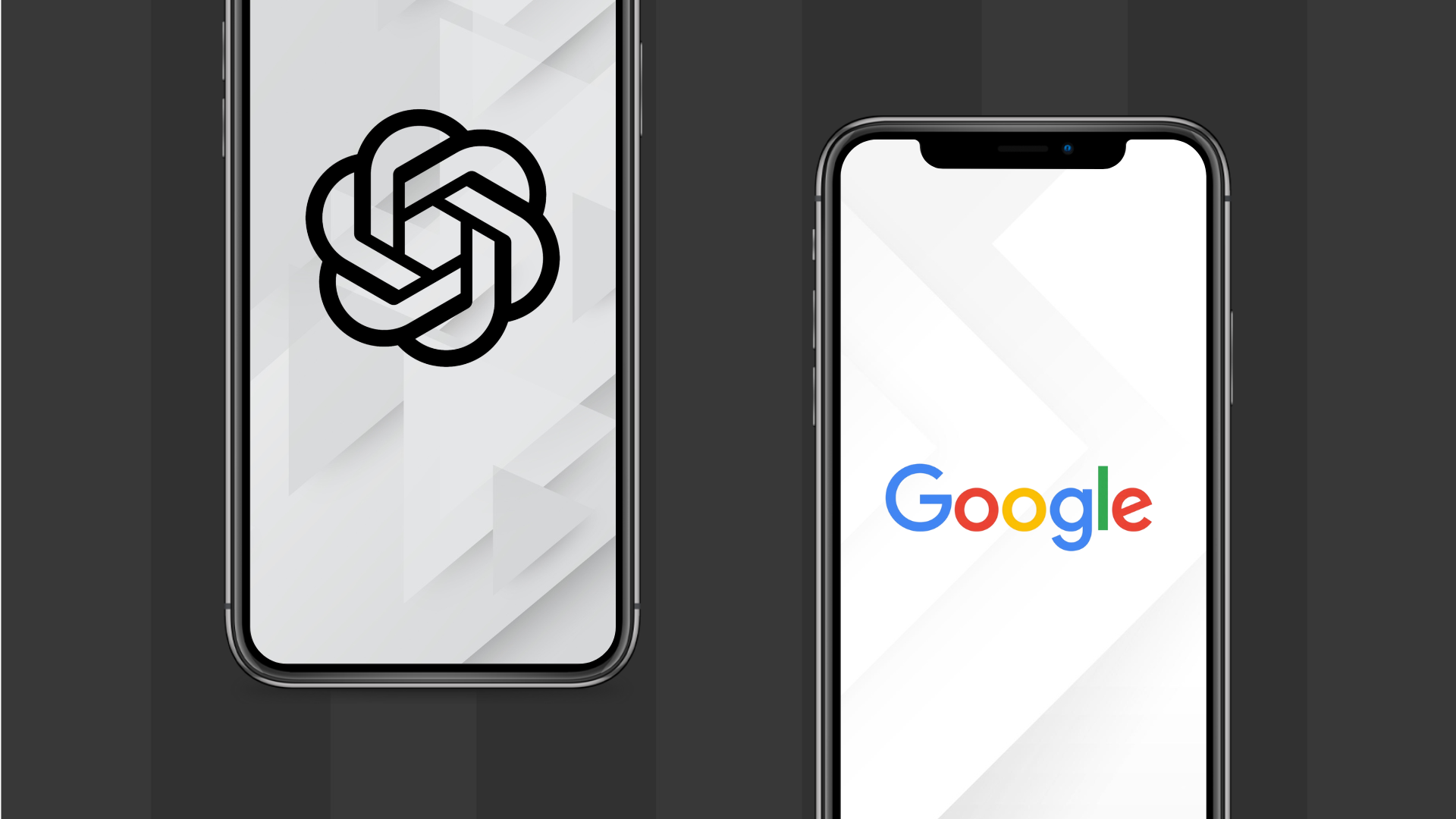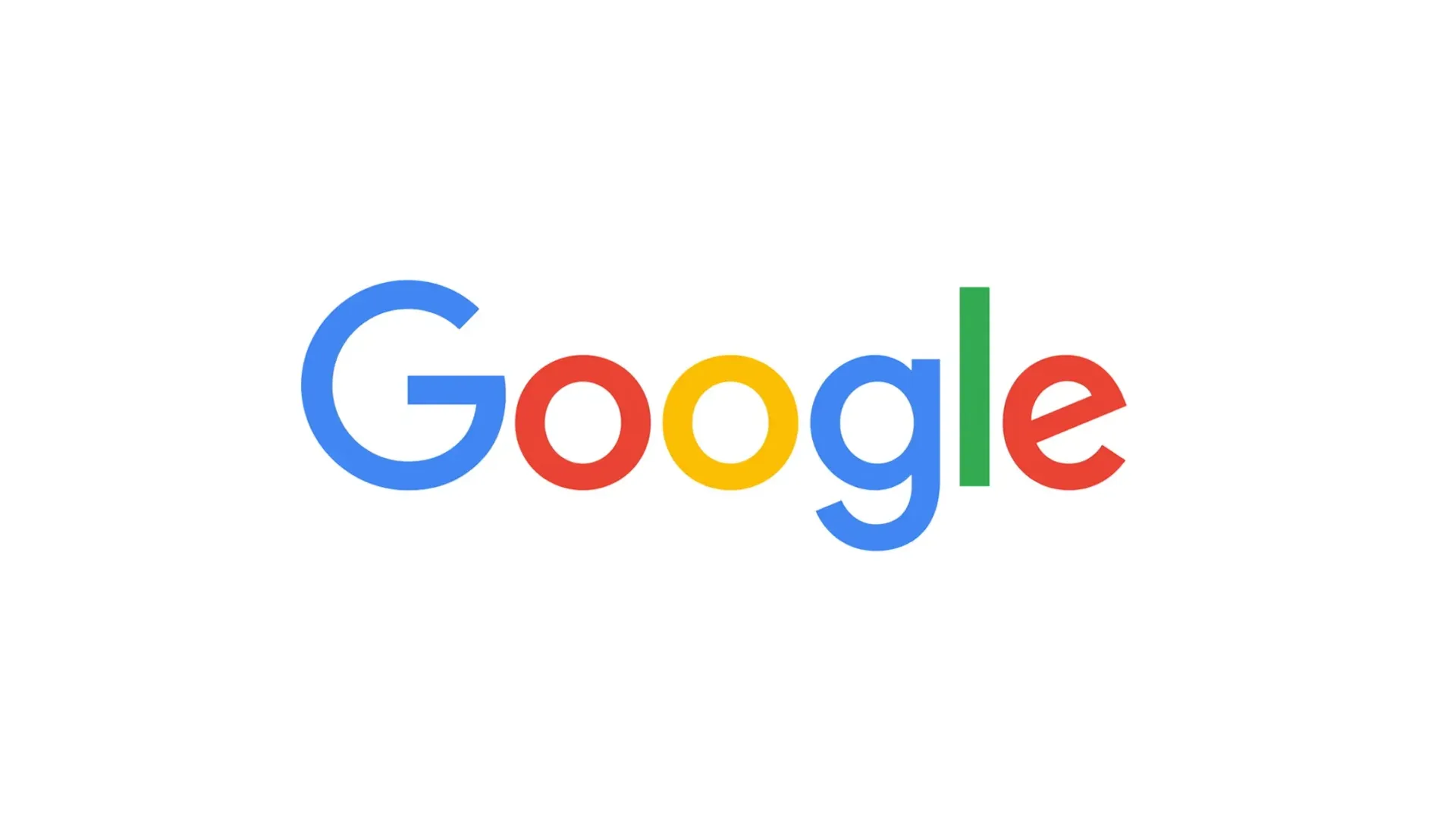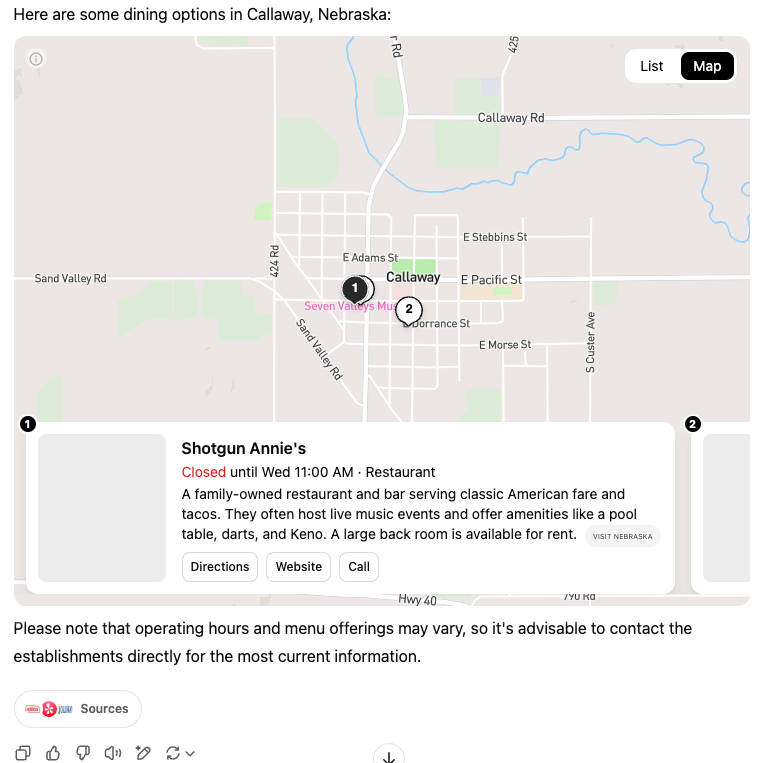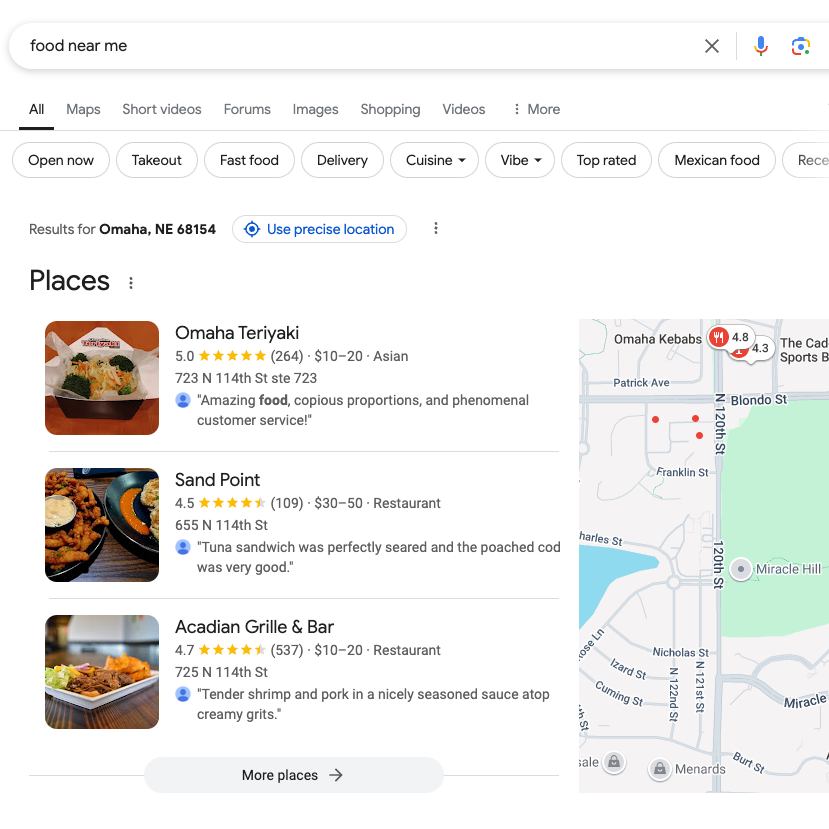The Future of Search: How AI is Changing SEO with AEO

Search Engine Optimization (SEO) has been the backbone of digital marketing for years, but with the rise of AI-driven search tools like ChatGPT Search, the game is evolving. Enter Answer Engine Optimization (AEO) – a new strategy focused on getting your content seen by AI-driven platforms that deliver direct answers instead of traditional search results.
What is AEO, and How Does it Differ From SEO?
While SEO is all about ranking higher on search engine result pages (SERPs) and driving traffic to your site, AEO is about ensuring your content is structured in a way that AI can easily pull and present as a direct answer. Think about how voice assistants like Alexa or Google Assistant quickly provide answers without directing you to a webpage – that’s AEO in action.
AEO focuses on:
- Providing concise and structured answers
- Optimizing content for voice search and AI-driven platforms
- Leveraging schema markup and natural language processing (NLP)
SEO, on the other hand, remaining crucial for:
- Driving traffic to websites
- Providing in-depth content through blogs, articles, and multimedia
- Enhancing user experience with fast-loading pages and mobile optimization


ChatGPT Search vs Google: Who's Winning the AI Search Battle?
Towards the end of last year, OpenAI launched ChatGPT Search, a search tool designed to provide users with instant, concise answers while linking to sources. Unlike traditional search engines, ChatGPT Search eliminates the need to sift through multiple web pages. However, its biggest drawback is that it provides a limited number of sources, potentially leaving out valuable information. (Source)
Google quickly responded by integrating its AI model, Gemini, into search results, offering "AI Overviews" that provide summarized responses with source links, while still keeping traditional SEO-driven results. (Source)
Is ChatGTP Search a Google Killer?
Despite its growing popularity, ChatGPT Search is nowhere near overtaking Google. Here’s how they compare:
- Google Search: Over 5 trillion searches in 2024 (about 14 billion per day), with a 93.57% market share (Source)
- ChatGPT Search: Estimated 37.5 million queries per day, making up just 0.25% of the market (Source)
For now, Google remains the dominant search engine, handling 373 times more searches than ChatGPT in 2024.
The Challenges of AI-Powered Search
While AI search tools offer fast and direct answers, they come with limitations:
- Lack of Multiple Sources: Unlike Google, ChatGPT often references just one source per answer, making it harder to verify information.
- Limited Location Accuracy: ChatGPT can infer general location from an IP address but doesn’t actively track users like Google Maps, leading to less accurate local search results.
How Marketers Can Adapt: SEO + AEO Strategy
The rise of AI-powered search doesn’t mean the end of SEO – it means businesses need to optimize for both traditional search engines and AI-driven answer engines. Here’s how:
- Optimize for Featured Snippets: Structure content in a way that AI can easily pull and display as a quick answer.
- Use Schema Markup: Help AI understand your content better by leveraging structured data.
- Create Concise and Clear Answers: Write content that directly answers common questions.
- Balance Long-Form and Short-Form Content: Maintain traditional SEO-driven blogs while also providing quick, AI-friendly summaries.
The Future of Search: Where Are We Headed?
As AI search tools improve, we can expect ChatGPT Search to refine its algorithms, integrate more sources, and provide more accurate location-based results. At the same time, Google’s AI Overviews will likely expand, making AEO an essential strategy for digital marketers.
For now, SEO remains king, but AEO is quickly becoming its essential counterpart. Businesses that adapt to this shift will stay ahead of the game in the evolving search landscape.




